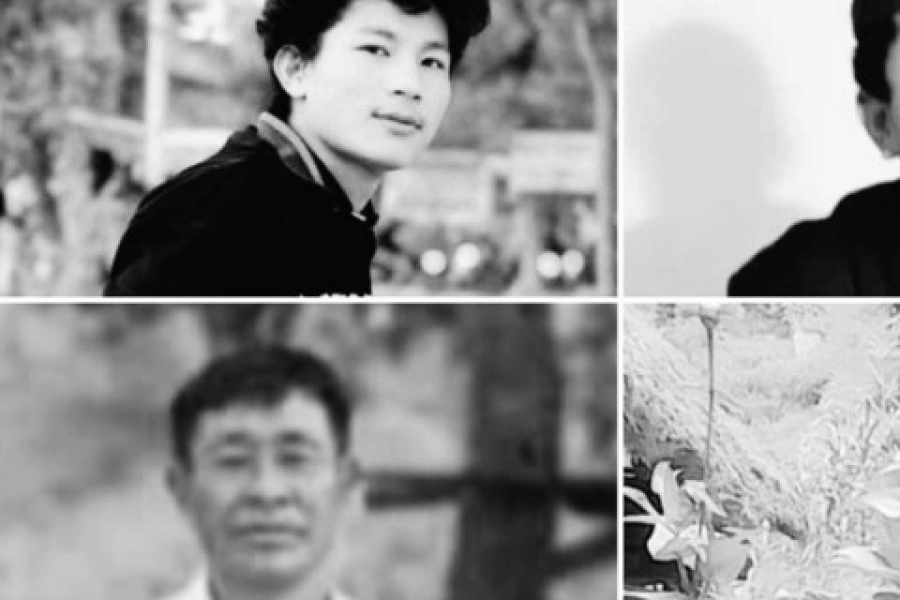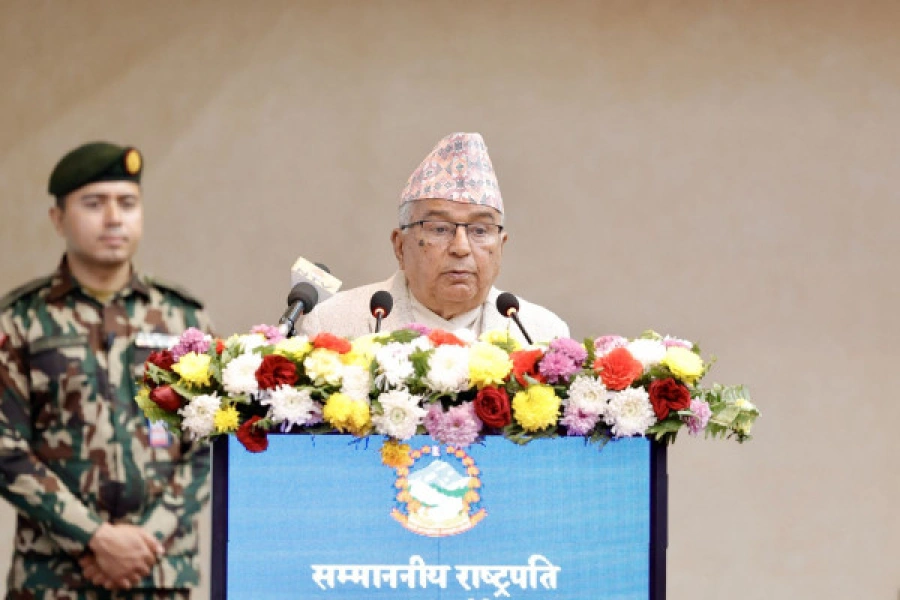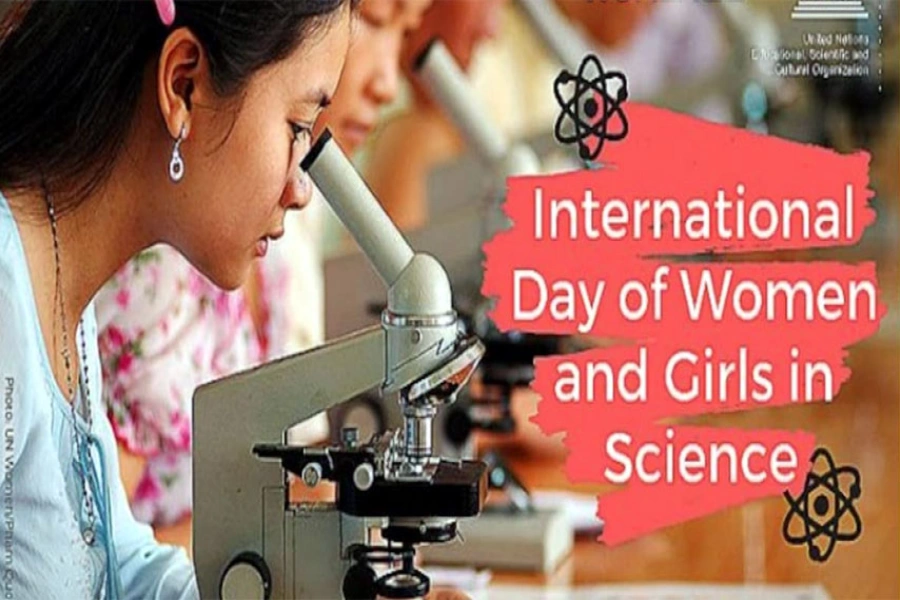Even as he lay in his hospital bed, in the final hours, surrounded by loved ones, Baba was still telling funny stories
I first met Baba (Music Maestro Amber Gurung) at his Kathmandu home in 1988. I was a fresh-faced, naive student from England who had never travelled beyond Europe and whose closest encounter with Nepal was reading about daring Mount Everest climbing adventures as a boy scout. I was apprehensive about the kind of reception I would get from Alka’s family, but Baba seemed to understand this, because he and Aama opened their door as wide as their arms and hearts, warmly enveloping me into the folds of their family—giving me the love and space I needed to acculturate myself to Nepal and settle into the rhythm of Nepali family life.
I remember Baba regularly popping into his favourite western-style bakery, Krishna Pauroti, on his way home from work to buy me a box of delicious cream cakes—mainly to make me feel at home, an act inspired by his acknowledgment that the British had a penchant for cakes and sweets. This was his simple way of saying, ‘Welcome, we’re very glad you’re here with us’. Although he must have worried deeply about losing his only daughter, Alka, to a westerner, Baba always judged people not on their nationality or the color of their skin, but on who they were as individuals.
During that first life-changing visit, Baba seemed to always be playing his harmonium or singing. I learned that he was practicing his ragas, stretching his vocal chords, composing songs or teaching students. I quickly realized here was a man totally devoted to his music and his art. I was amazed at the impromptu soirees and musical evenings that took place, when friends and family gathered around his harmonium and Baba, gently sipping a watered-down whisky, would take us on a musical journey creating a wonderful feeling of togetherness, as we all sang or hummed a range of songs—old and new—Western and Nepali—off-key and in tune. This was the wonderful sound-track to my first visit and I wouldn’t have missed it for the world… what an honour!
A few years later, it was my privilege to welcome Baba to England so I could reciprocate the unconditional kindness and generosity that he and Aama had shown me. What I remember the most about his visit to Britain was how he appreciated every single moment and experience—in fact, he settled into English life as if he had lived there forever. Baba cherished and noticed things that we took for granted—the apple tree blossoming in our small, neat garden, the black-birds singing or the beautiful English countryside splendid in every shade of green. He spoke passionately about the pleasure of being able to visit the country which had given birth to Shakespeare, Tennyson, Wordsworth, Constable and, of course, Robin Hood and the Beatles.
I was impressed by his remarkable in-depth knowledge of English art—from literature to painting to music and his child-like curiosity to see, learn and understand more about English culture. His enthusiasm was infectious and sparked me to appreciate and ‘see and hear’ what was under my very nose. On one occasion, while visiting the Gurkha Museum, Baba became nostalgic and emotional about his heritage and the sacrifices his fellow countrymen and women had made for Britain and he proudly shared stories about playing at numerous military concerts.
Throughout his British journey, not once did he complain, not once did he criticize, not once did he compare England with his beloved Nepal. Instead, he soaked in everything, focusing on the history that weaves the two nations together—our shared military past, our brave and adventurous people, the impact of the British presence in India and Darjeeling and how that experience shaped him, his family’s life and his music.
As my trips to Nepal became more frequent, I was extremely fortunate to spend more and more time in Baba’s company. He was always genuinely delighted when I arrived, heavy suitcases in each hand, and would immediately start organizing mini adventures—to beautiful Pokhara, to Chitwan National Park for some wildlife adventure, or a simple visit to a local trout farm outside Kathmandu valley for some freshly caught trout and Nepali beer. He reveled in these different settings and would often come back with a whole soulful of lyrics and songs that he was inspired to write and compose. One thing I noticed about Baba during these outings was that he NEVER asked for anything in return—instead, he took a genuine delight and pleasure in watching me and others enjoying ourselves. For me, this selfless willingness to give to others summed up Baba’s entire approach to life.
And finally, from seeing Baba in his prime, leading the newly formed Nepal Academy of Music and Drama as Chancellor, and giving concerts to packed venues around the world, I witnessed his slow, painful, but dignified decline in health. Baba rarely complained, and only when the pain became unbearable did he ever ask for help… a spoonful of medicine, a request to be turned onto his side, or for one of his favorite songs to be played. During his illness, a military aide and I would help him walk around the housing block, and half way around this walk, he would lead us on a Nepali jig or a folk song or wave to his neighbors—that playful glint still fresh and strong in his eyes… it never deserted him.
Even as he lay in his hospital bed, in the final hours, surrounded by loved ones, Baba was still telling funny stories, smiling, humming new tunes he was composing in his head, but above all, determinedly facing his illness and what was to come, head-on. This was probably his greatest journey, and one which he faced with the same steadfast determination and courage that marked his whole life. What a privilege it has been for me to have met this wonderful man and to have shared part of my own life journey with him.
In memoriam of a man who he lived his life like he played

The author is son-in-law of late Amber Gurung




































